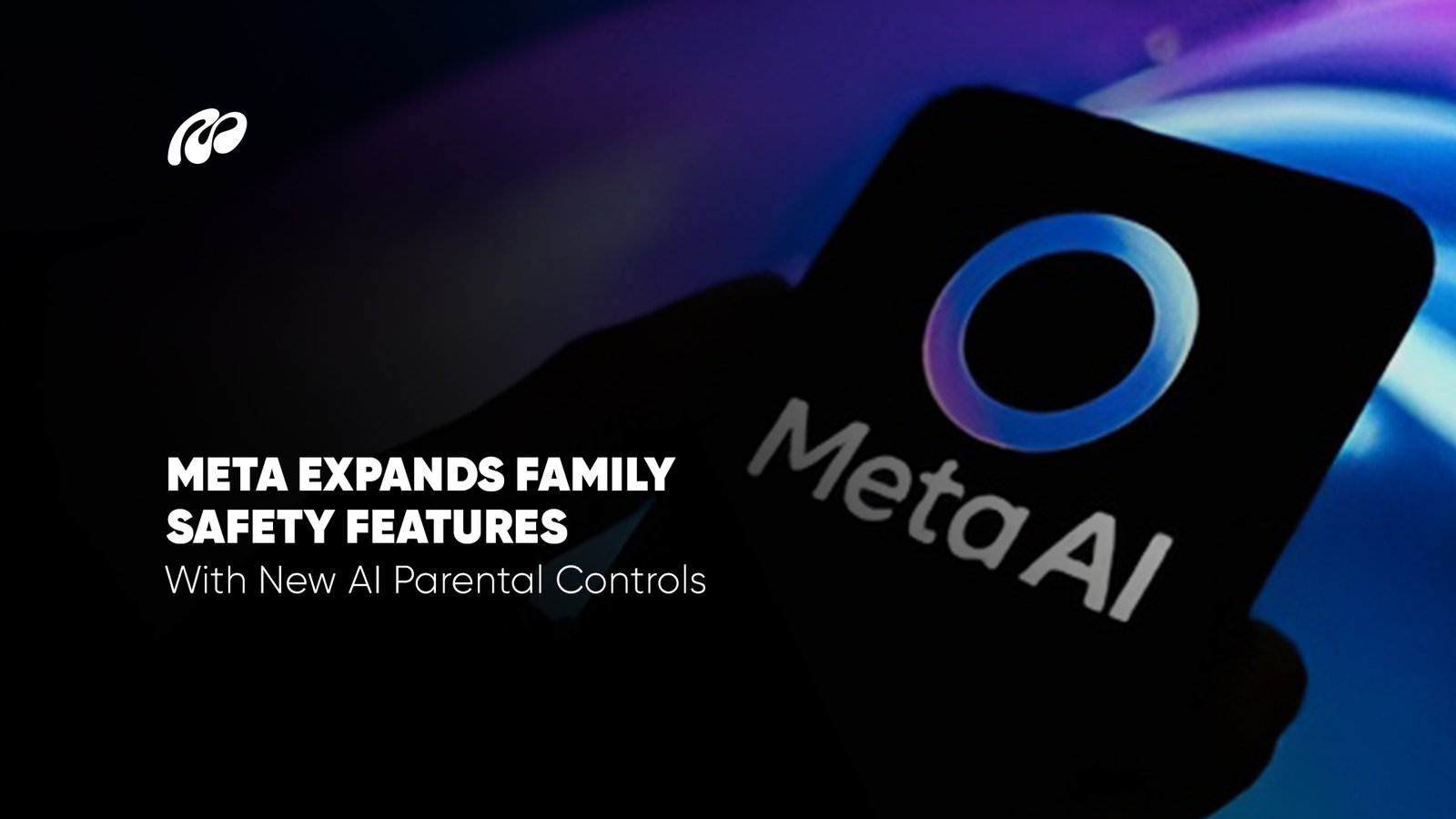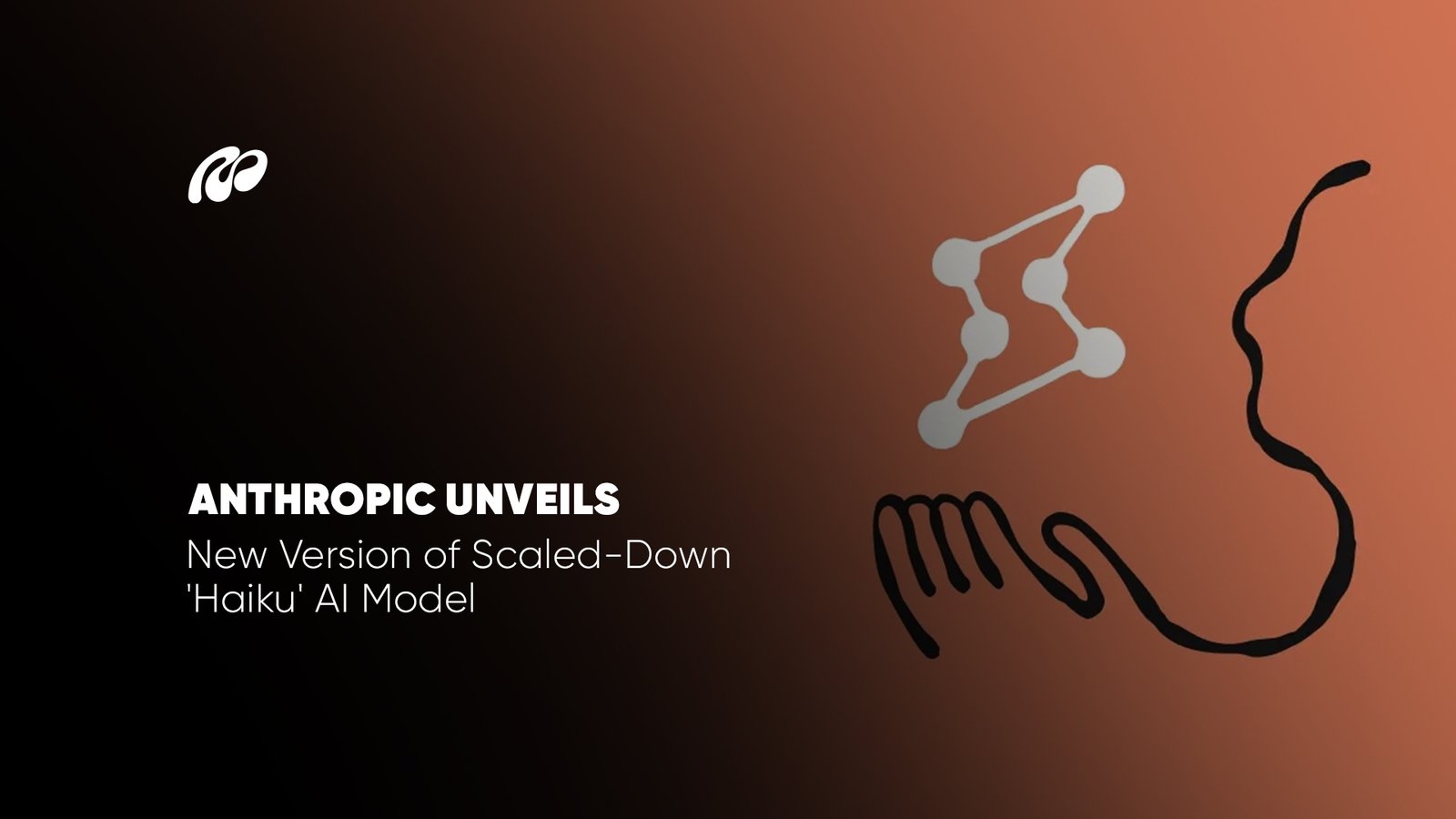Summary
- Anthropic has launched Claude Code on the web, granting developers instant access to advanced AI coding tools through a browser-based interface that eliminates complex local setups.
- The platform allows developers to run coding tasks in parallel, enabling simultaneous processing and real-time analysis powered by Anthropic Claude’s intelligent reasoning capabilities.
- Every session runs within an encrypted, isolated cloud container, ensuring Anthropic AI maintains strict data privacy and compliance with enterprise security standards.
- Built on Anthropic’s Constitutional AI, Claude Code operates under ethical principles designed to prevent unsafe or malicious code generation while ensuring reliable execution.
- The system’s adaptive intelligence reflects Anthropic’s broader collaborations, connecting Claude AI innovations with global tech advancements and secure institutional frameworks.
- With its focus on safety, speed, and accessibility, Anthropic Claude sets a new standard for cloud-based AI coding tools, redefining how developers build, test, and deploy code responsibly.
In a defining move for the future of AI coding tools, Anthropic has officially launched Claude Code as a fully accessible web-based application, bringing the capabilities of Claude AI directly into the browser. This development eliminates the dependency on local setups or external integrations, giving developers instant access to one of the most advanced Anthropic AI environments available today. Through the web interface, coders can now write, test, and refine code in real time, taking advantage of Anthropic Claude’s deep contextual understanding and its powerful ability to interpret intent rather than just syntax.
The introduction of Claude Code to the web represents Anthropic’s continued evolution toward safer and more accessible automation. The company’s long-standing focus on responsible deployment of artificial intelligence is evident here, as every feature in the browser-based platform is designed to balance developer freedom with robust security. Unlike other AI coding tools that prioritize speed alone, Claude AI combines precision with ethical boundaries, ensuring that every session is safe, isolated, and transparent in execution.
This balance between openness and control did not happen overnight. Anthropic’s dedication to safeguarding innovation became especially visible when it acted against attempts to misuse or replicate its proprietary codebase. The company’s previous response to the unauthorized reverse-engineering of its coding model, where a formal takedown notice was issued, showed just how seriously it views integrity and data protection in artificial intelligence. Around the same period, Anthropic was also deepening its collaborations with public institutions in the U.S., introducing structured proposals like its Claude AI offer to government agencies, a move that emphasized responsible scaling of AI at a national level. The alignment between ethical protection and open accessibility defines much of what shapes Claude Code’s web expansion today.
Now, as Claude Code transitions to an online environment, those same principles guide its design. The web platform allows developers to experiment freely while maintaining the strict ethical standards that define Anthropic AI. Each task is run in a protected virtual instance, meaning that sensitive code remains secure, and interactions stay fully contained. This architectural decision reflects Anthropic’s forward-thinking approach, where safety and accessibility are no longer competing priorities, but two sides of the same intelligent system.
By moving Claude Code online, Anthropic isn’t merely improving convenience; it’s reshaping what it means to build responsibly with artificial intelligence. The web interface stands as proof that Anthropic Claude can empower developers worldwide without compromising on the trust, transparency, and technical excellence that have become hallmarks of the brand.
Run coding tasks in parallel
A major advantage of the new web-based Claude Code lies in its ability to run coding tasks in parallel, allowing developers to execute multiple processes simultaneously without performance bottlenecks. In most traditional coding environments, programmers must wait for one operation to finish before initiating another, which slows productivity. With Anthropic Claude, that limitation disappears. The system intelligently manages concurrent tasks in a single browser session, handling parallel code executions with remarkable accuracy and efficiency.
This improvement goes far beyond faster execution; it represents a new way of thinking about collaborative coding. Developers can now test backend scripts, debug frontend logic, and train models all at once, while Claude AI automatically maintains stability and logical consistency between each operation. Every task runs within its own secure container, isolating workloads while still communicating key dependencies across projects. By distributing these processes through Anthropic AI’s cloud framework, the platform ensures smooth performance even during complex, multi-threaded computations.
Parallel execution also means smarter interaction. Claude AI identifies redundant steps, flags inefficient loops, and streamlines workflows that would otherwise demand constant manual oversight. Instead of rewriting repetitive segments, developers receive targeted recommendations based on intent, helping them improve architecture design and runtime behavior. The result is not just speed, it’s adaptive intelligence that aligns with human reasoning.
This focus on contextual understanding has long shaped Anthropic’s broader innovation strategy. Its collaboration efforts, including Apple’s initiative to enhance Siri with next-generation intelligence through Anthropic and OpenAI, underscore how this technology is redefining the interaction between humans and machines. That development, reflecting Apple’s interest in Anthropic to strengthen Siri’s AI capabilities, mirrors the same architectural thinking behind Claude Code’s multi-tasking design: systems that understand, anticipate, and execute dynamically.
With this evolution, Anthropic Claude is no longer just an assistant that completes code; it has become a cognitive collaborator that manages workflows in real time. By enabling developers to run coding tasks in parallel, Anthropic has bridged the gap between machine precision and human adaptability, reaffirming its place among the most advanced AI coding tools in the industry.
Security-first cloud execution
As Anthropic Claude expands its reach through the new web interface, one aspect remains unshakably central to its identity, security-first cloud execution. Every element of the online Claude Code experience is designed around privacy, data integrity, and responsible automation. In a digital world where developers increasingly rely on cloud-based AI coding tools, this emphasis on protection is not just reassuring; it’s essential.
This strict adherence to ethical boundaries reflects Anthropic’s foundational philosophy of helpful, harmless, and honest AI. Through its Constitutional AI framework, Anthropic AI continuously evaluates model responses against predefined ethical principles, ensuring that Claude Code functions responsibly even when operating autonomously. That principle-driven foundation doesn’t just protect users, it sets a new precedent for trust in generative programming.
In developing this framework, Anthropic has consistently positioned itself as an advocate for responsible AI governance. Its initiatives to partner with regulatory and institutional bodies, including a landmark offer to provide controlled access to Claude AI for public agencies, show how deeply the company values oversight and transparency. This approach, rooted in the same reasoning that guided its structured proposal to U.S. officials, emphasizes long-term trust in artificial intelligence, balancing openness with national-scale accountability. The collaboration was part of a broader series of Anthropic news developments documenting the brand’s ongoing commitment to AI ethics and security. That direction remains visible in current projects like Anthropic’s government partnership proposal for Claude AI, where the company underscored its readiness to align AI systems with institutional safety requirements, an approach mirrored in the security-first design of Claude Code’s web version.
Anthropic’s focus on secure cloud execution also underscores a shift in how developers think about collaboration. Rather than simply providing a remote workspace, the Claude Code platform acts as a protected digital lab, an environment where innovation happens within pre-established ethical and security boundaries. Developers can prototype software, automate systems, and test algorithms without ever compromising user or client confidentiality. This model proves that speed and safety no longer need to compete; they can coexist within the same intelligent framework.
Through this lens, Anthropic Claude isn’t just another AI coding tool; it’s a secure, intelligent collaborator that transforms how humans and machines share digital workspaces. The web-based Claude Code showcases the culmination of Anthropic’s mission: to merge intelligence with integrity. And as new updates continue to surface through trusted industry sources like Mattrics News, it’s clear that Anthropic’s trajectory is defined not only by innovation but by the discipline to build AI systems that earn and maintain human trust.





